How I’ve become who I am and the pressures of gender dysphoria
Judgement and miseducation inhabit the LGBTQ+ community
Gender dysphoria (not to be confused with dysmorphia) is defined as the condition of feeling one’s emotional and psychological identity as male or female to be opposite to one’s biological sex. But if you’ve ever had an in-depth conversation with a transgender individual, you would know that this definition is severely misleading.
Changing clothes in the morning is easy, but not when every piece of clothing you own makes you feel pathetic. I think of dysphoria as a person, and she hates trans people. Dysphoria gives me a feminine identity that suffocates my self-expression. She makes me feel like my skin is crawling and that everyone with eyes is looking at me but only seeing my assigned gender at birth. It’s like breathing in judgment.
She isn’t always around; she prefers to hide until I am at my peak confidence before coming back and shattering it. She’s like an aunt that shows up at your house with no warning, and just as soon as you get used to her being there, she’s gone.
Unless they’re invested in actually learning, people usually won’t do any of their own research. Every conversation I’ve ever had is the same: “What is dysphoria? Why did you choose to do this to yourself? Your parents must have been really shocked.”
And the absolute worst: “I feel sorry for you.”
People who want to ask me a question always follow the same pattern. That nervous, expecting look followed by the remark, “Can I ask you a question?” And my answer is always the same: a sigh, a smile, and the answer, “Yeah, totally, what’s up?” They’ll tell me it’s kind of personal, and I’ll just let them ask their questions. Close friends, relatives, people I hardly know.
I learn things because I feel a need to expand my knowledge and experience. I feel that I am an educator, even if I desperately don’t want to be. I’ve been essentially forced into the position of teacher in a world where information is more readily available than it has ever been. I’ve learned that people don’t want to seek out knowledge on their own if they already know someone who can just give them the answers that they need.
When people ask me in-depth questions about my identity and the transgender community in general, I feel almost as if they’re asking out of obligation instead of interest. It almost feels like we’re not important enough for someone to seek out information on their own. Even then, they don’t understand, or even care; it goes in one ear and right out the other. It’s like asking the smart kid in class if you can take pictures of the hard work they’ve already completed. If someone else has done it, that just means you don’t have to.
I’ve learned that a lot of people who are simply miseducated are more prejudiced because they look at sources that are typically more biased. I’ve read educational magazines that seem pro-trans, but when you thoroughly read the article, it’s stories about botched surgeries and individuals that begin to feel dysphoria after they’ve transitioned.
“Transtrenders” are people who claim to be trans because they believe that they are even though they don’t feel dysphoria. Most often, they don’t retract their claims because of the attention they receive as the gender they claim to be. Every fake claim of being transgender damages the true community. Eyes and ears focus on the most dramatic claims, which usually tend to be those of transtrenders. They want to be the center of attention when walking into a room and make being transgender out to be a fashion statement. So when a real transgender individual comes out and is genuine in their identity, people tend to laugh it off. The false impression given to people by transtrenders damages the perception and, ultimately, the heart of the transgender community.
The Atlantic published an article by Jesse Singal called “Your Child Says She’s Trans. She Wants Hormones And Surgery. She’s 13.” in the July/August issue released in 2018. Singal focused on “desistance”, the term used to describe the detransitioning of a transgender individual who begins to experience dysphoria after transitioning. His article is riddled with negative connotations, speaking mainly to parents on the “guaranteed risks” they’re taking by allowing their child to live life in their own way. He writes detailed stories of individuals transitioning and makes them seem positive but then turns around and completely crushes them beneath his feet. Articles like this are written to scare parents into “forcing the trans” out of their child.
Of all the magazines or articles my dad could have picked up, he grabbed the one that made trans individuals look like liars.
I took quizzes to see if I could actually be trans. Looking back, it’s awkward and almost embarrassing to think that taking quizzes on such a pivotal thing in life was normal. After taking quizzes and doing research on the actual subject of transgenderism, I turned to the stories and experiences of transgender individuals.
The Guardian published an article in 2016: “Transgender Stories: ‘People think we wake up and decide to be trans’.” It provides the stories of five transgender individuals from different backgrounds and experience groups ranging from a teenager to a 70-year-old woman. This article proved to me that I could be trans—that it was a possibility and not just an idea.
The real people I’ve talked to (trusted adults and peers) are more important to me than the books or articles I’ve read. When I talk to them, I can ask in-depth questions and understand the experiences we have in common, and the ones we don’t. The same can be said for other individuals that identify as LGBTQ+; experiences are better understood in person.
I don’t mind explaining my life to people, but after a while, it becomes like a chore: tedious and boring. Conversing with people who already have some knowledge or experience is preferable because I don’t feel like I’m teaching someone. Common knowledge is something someone can look up or find out for themselves. Experience is unique to every individual and isn’t something one can just look up to understand.
Simply put, while asking questions is not wrong (I asked many), you shouldn’t rely solely on your one trans friend or one trans acquaintance to answer your questions about transgenderism. Instead, complete some of your own research using a variety of sources. Try to have an informed curiosity as you approach the topic.
Growing up, I never considered the possibility of changing genders. The mere idea of being transgender had been ostracized; in a movie, it would be a characteristic of the villain. It always had a negative connotation. Even if I didn’t think it was possible, I always wondered if I could be a boy, even just for a day. I would ask people if they’d ever thought about being the opposite gender, only to be shut down by a judgemental laugh or scoff. Seeing as I was an elementary student, my questions were merely the ramblings of a child with an imagination. I stopped verbalizing my thoughts in fourth grade.
In any environment I entered, the air would become tense: classrooms, summer camps, someone’s car, even my own home. My parents didn’t know how to react; for a long time, it felt like they didn’t.
They told me that if I was still feeling the way I had been feeling in a year, they would consider my identification as a real thing. Sticking true to their word, they waited a year. It took me half of that time to even tell my best friend how I felt, and even then, she supported me more than my parents ever had. She helped me feel comfortable in a time of initial awkwardness.
I began to realize that the bonds I forge can be stronger than those forged by blood. Since then, my relationships have strengthened immensely. I regained the trust that I lost when my parents didn’t react the way I thought they should have.
Now, three years later, I feel more comfortable in my own skin than ever before.
Once, I was the nervous girl who thought she was a boy; now I am the man I’ve always wanted to be. I know my name, I know who I am, and I know what I want.
Your donation will support the student journalists of Mead High School. Your contribution will allow us to purchase equipment and cover our annual website hosting costs.
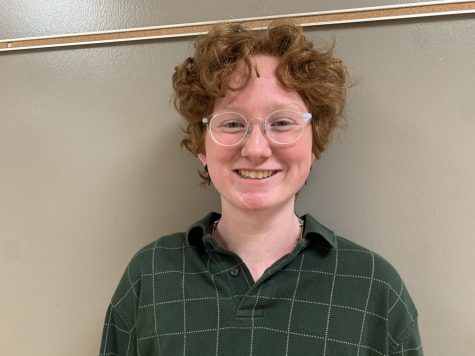
Miles Michell is a Senior. He enjoys watching Anime, writing, and spending time with quality people. This year, he hopes to educate people with his writing and inspire those within the community to strive for greatness.
You can contact him at [email protected].

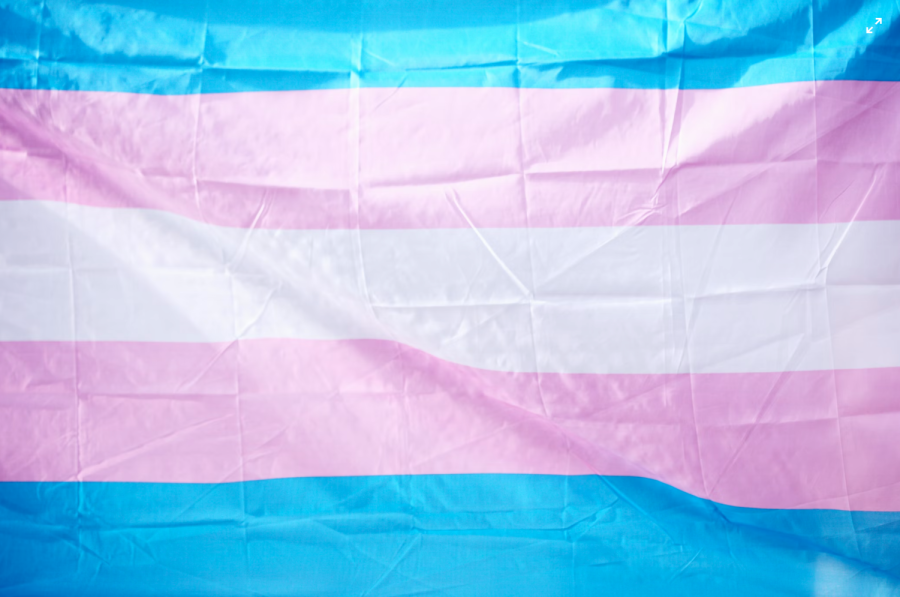



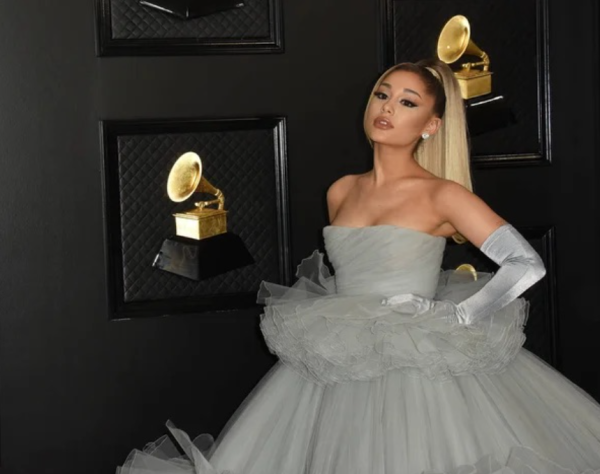
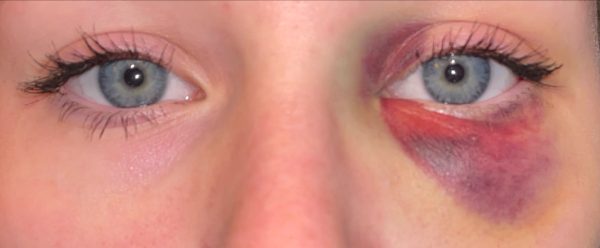
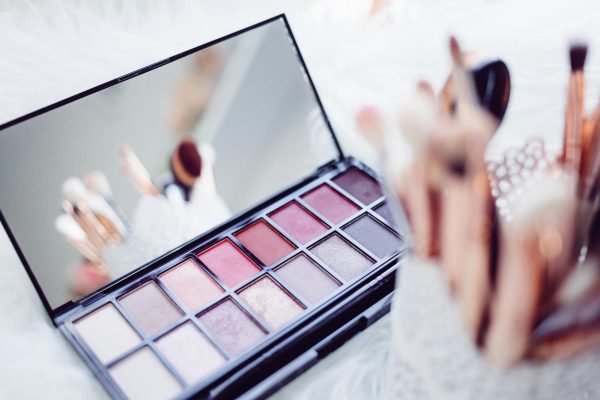
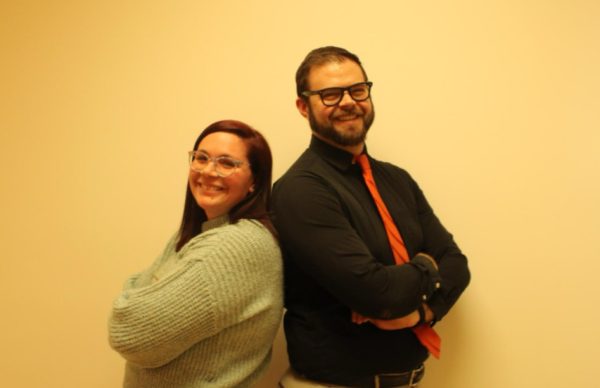



Amme Cook • Mar 6, 2020 at 10:55 am
This was a really good article. I’m not very educated on this topic, but i feel like i have learned something through your article.
Jocelyn Zavala • Feb 28, 2020 at 11:01 am
This is an amazing article. I know people personally who are going through gender dysphoria and the thing they struggle with and it’s nice to see this brought to others attention.
Caelan scallon • Feb 4, 2020 at 6:51 pm
I was grown up as a Christian and I was told that being gay was a sin…but look at me now I am transgender and people hate me for it but we all gotta stay strong!!️️
Gina Bare • Feb 4, 2020 at 4:02 pm
Thank you for educating others, even when you’d rather be doing something else; there is just too much misinformation out there. You are a true inspiration. Thank you for being brave. Thank you for being courageous. Thank you for being YOU.
Abi MacPhail • Feb 4, 2020 at 12:09 pm
What a great article!!! So proud of you Miles :)))